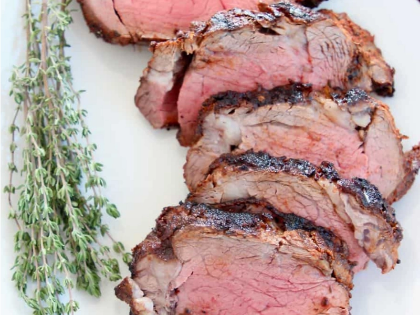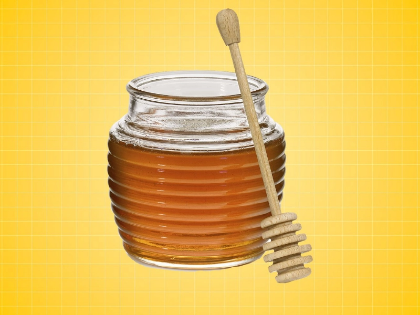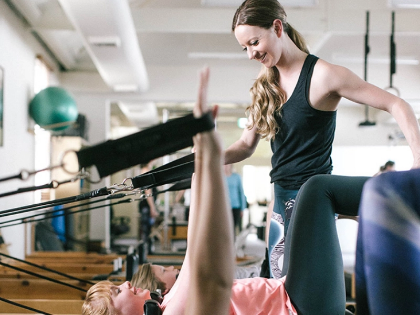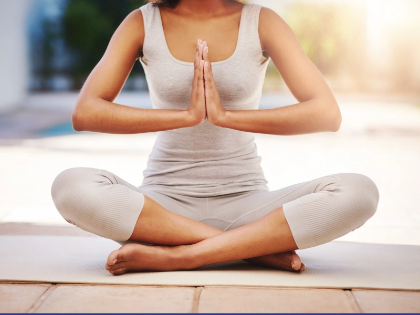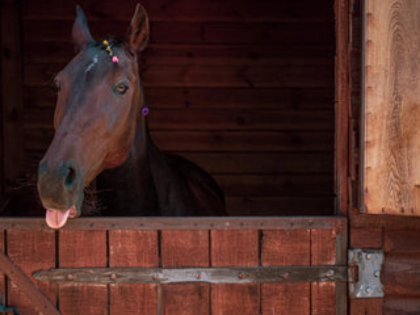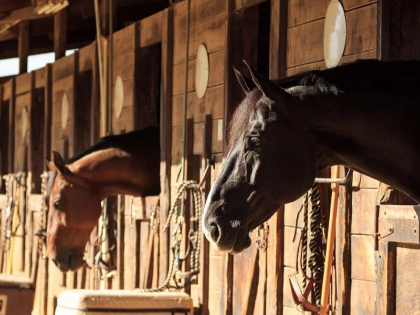A Complete Guide for Riders on Selecting the Correct Horse
Selecting the ideal horse is a quest that calls for preparation and endurance. Finding the ideal horse for your riding objectives and skill level will help to guarantee a fruitful and lasting relationship. Ascertain your desired riding objectives and select a horse whose size corresponds with those aims. To discover the ideal fit, get advice from a trustworthy trainer or equestrian specialist.
Dimensions
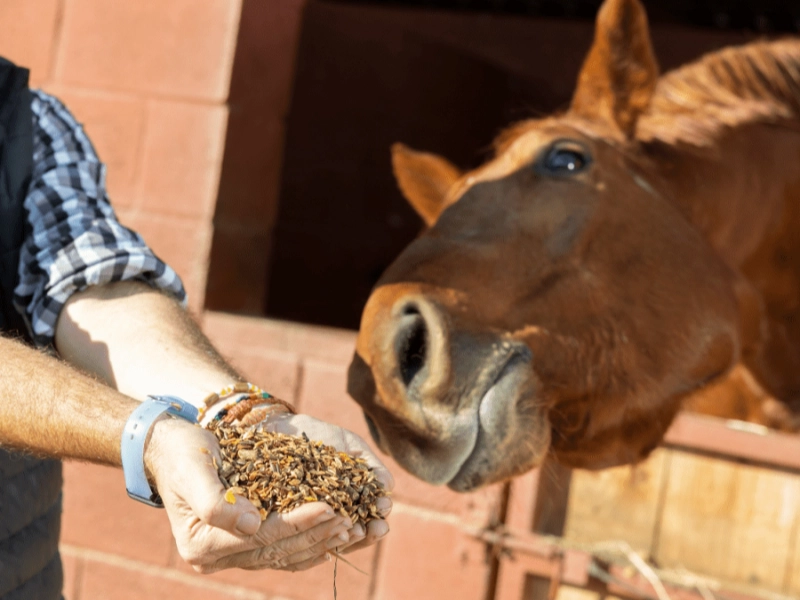
Breed
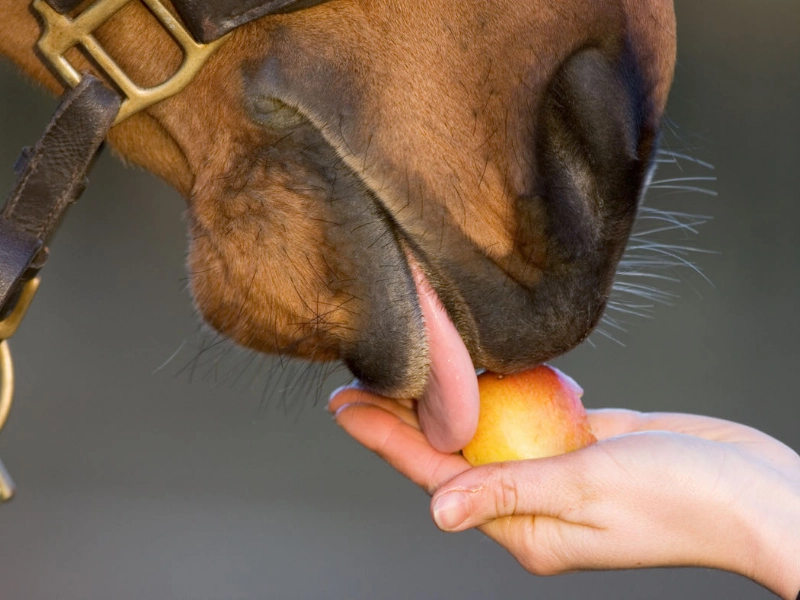 Horses come in varied sizes and have varying weight capacities. Not only does proper weight and height determine riding skill, but it also affects the comfort and well-being of the horse. An overweight horse may suffer chronic lameness, weariness more quickly, and back pain.
Specific riding styles depend heavily on the type of horse. For instance, athletic, quick-learning horses are needed for Western disciplines so they can execute intricate rhythms and exact instructions. English sports such as steeplechasing require top-notch horses with the ability to go quickly and clear big obstacles. Although asymmetry is inherent in both horses and riders, research has shown that frequent riders have increased left-right pelvic asymmetry and inconsistent lateral stability in the saddle [25]. You can ride more steadily and with greater coordination if you choose the correct horse.
Horses come in varied sizes and have varying weight capacities. Not only does proper weight and height determine riding skill, but it also affects the comfort and well-being of the horse. An overweight horse may suffer chronic lameness, weariness more quickly, and back pain.
Specific riding styles depend heavily on the type of horse. For instance, athletic, quick-learning horses are needed for Western disciplines so they can execute intricate rhythms and exact instructions. English sports such as steeplechasing require top-notch horses with the ability to go quickly and clear big obstacles. Although asymmetry is inherent in both horses and riders, research has shown that frequent riders have increased left-right pelvic asymmetry and inconsistent lateral stability in the saddle [25]. You can ride more steadily and with greater coordination if you choose the correct horse.
Characteristics
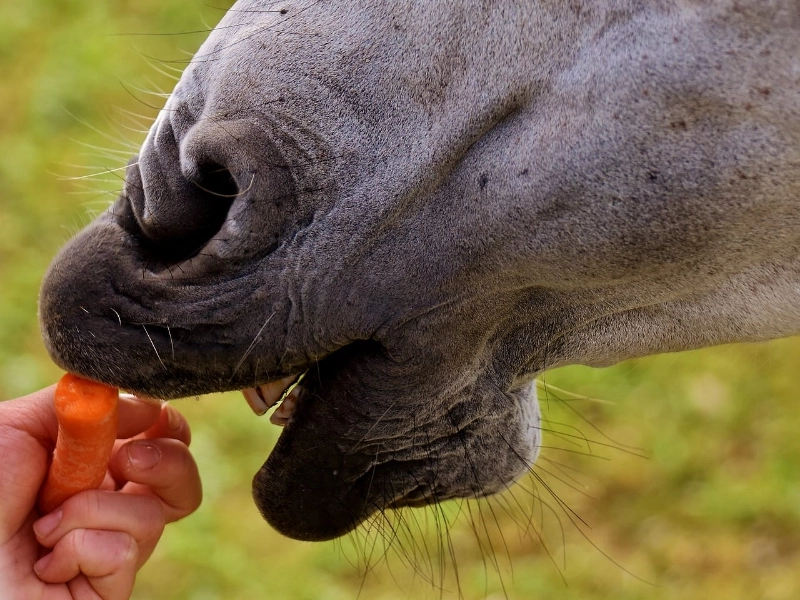 Your horse should ideally have a steady, calm disposition. This is a feature that starts to take shape as soon as the horse is conceived.
A horse possessing a composed disposition will be dependable, unwavering, and capable of maintaining composure and concentration. It won't run away, buck, rear, or spook. It ought to be fairly resistant to odd or loud noises and items.
Numerous studies are being conducted to identify early behavioural indicators of equine temperament and how they might affect performance in the future, as well as to develop efficient training plans that reduce stress. These investigations involve establishing links, for example, between an animal's general learning ability and its reaction to unfamiliar items, or between an animal's ability to memorise an instrument and its level of fearfulness overall.
Your horse should ideally have a steady, calm disposition. This is a feature that starts to take shape as soon as the horse is conceived.
A horse possessing a composed disposition will be dependable, unwavering, and capable of maintaining composure and concentration. It won't run away, buck, rear, or spook. It ought to be fairly resistant to odd or loud noises and items.
Numerous studies are being conducted to identify early behavioural indicators of equine temperament and how they might affect performance in the future, as well as to develop efficient training plans that reduce stress. These investigations involve establishing links, for example, between an animal's general learning ability and its reaction to unfamiliar items, or between an animal's ability to memorise an instrument and its level of fearfulness overall.
Individuality
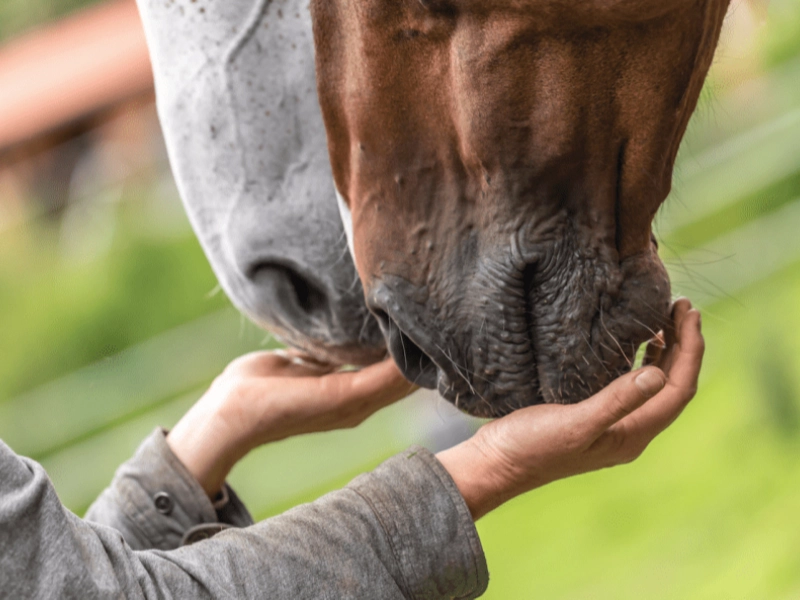 Riding skill is influenced by a horse's personality. A mischievous or unyielding horse can be challenging to ride and may even attempt to injure the rider. On the other side, a serene and assured horse can provide riders a sense of security and increased self-assurance in their skills.
Dangerous riding behaviour is strongly influenced by the personality qualities of anger, anxiety, sensation seeking, and normlessness. Altruism influences behaviour indirectly by influencing attitudes towards practical risk perception and transportation safety.
Furthermore, studies indicate that a rider's attitude and tendency towards perfectionism also affect their riding experience. Individuals who are very neurotic and adhere to social norms for perfection are less likely to be self-oriented perfectionists than competition riders who score highly on conscientiousness and low on neuroticism. These elements have an impact on riders' levels of satisfaction both during and after a riding session.
Riding skill is influenced by a horse's personality. A mischievous or unyielding horse can be challenging to ride and may even attempt to injure the rider. On the other side, a serene and assured horse can provide riders a sense of security and increased self-assurance in their skills.
Dangerous riding behaviour is strongly influenced by the personality qualities of anger, anxiety, sensation seeking, and normlessness. Altruism influences behaviour indirectly by influencing attitudes towards practical risk perception and transportation safety.
Furthermore, studies indicate that a rider's attitude and tendency towards perfectionism also affect their riding experience. Individuals who are very neurotic and adhere to social norms for perfection are less likely to be self-oriented perfectionists than competition riders who score highly on conscientiousness and low on neuroticism. These elements have an impact on riders' levels of satisfaction both during and after a riding session.
Experience
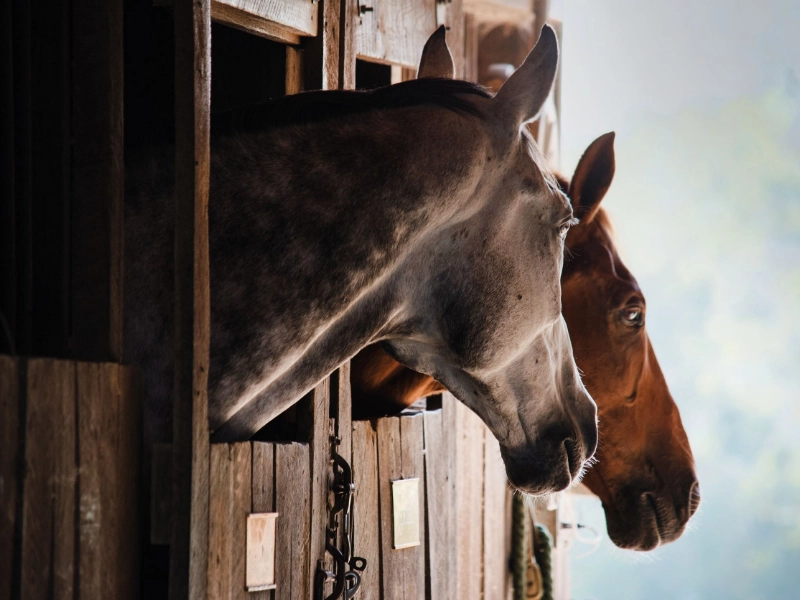 Your riding abilities will determine the kind of horse that is best for you as a horse owner. No matter your level of experience, you should choose a horse that you can ride easily.
You should also think about your future objectives and the discipline you want to pursue. Some breeds are more suitable for beginning riders than others. For instance, due to its small stature, even temperament, and trainability, the cob is a horse breed that is suitable for novice riders and first-time owners.
Another breed that is excellent for novices is the spotted Appaloosa, which is gentle, simple to handle, and has a strong work ethic. It is therefore a great option for both English and Western courses.
Your riding abilities will determine the kind of horse that is best for you as a horse owner. No matter your level of experience, you should choose a horse that you can ride easily.
You should also think about your future objectives and the discipline you want to pursue. Some breeds are more suitable for beginning riders than others. For instance, due to its small stature, even temperament, and trainability, the cob is a horse breed that is suitable for novice riders and first-time owners.
Another breed that is excellent for novices is the spotted Appaloosa, which is gentle, simple to handle, and has a strong work ethic. It is therefore a great option for both English and Western courses.

